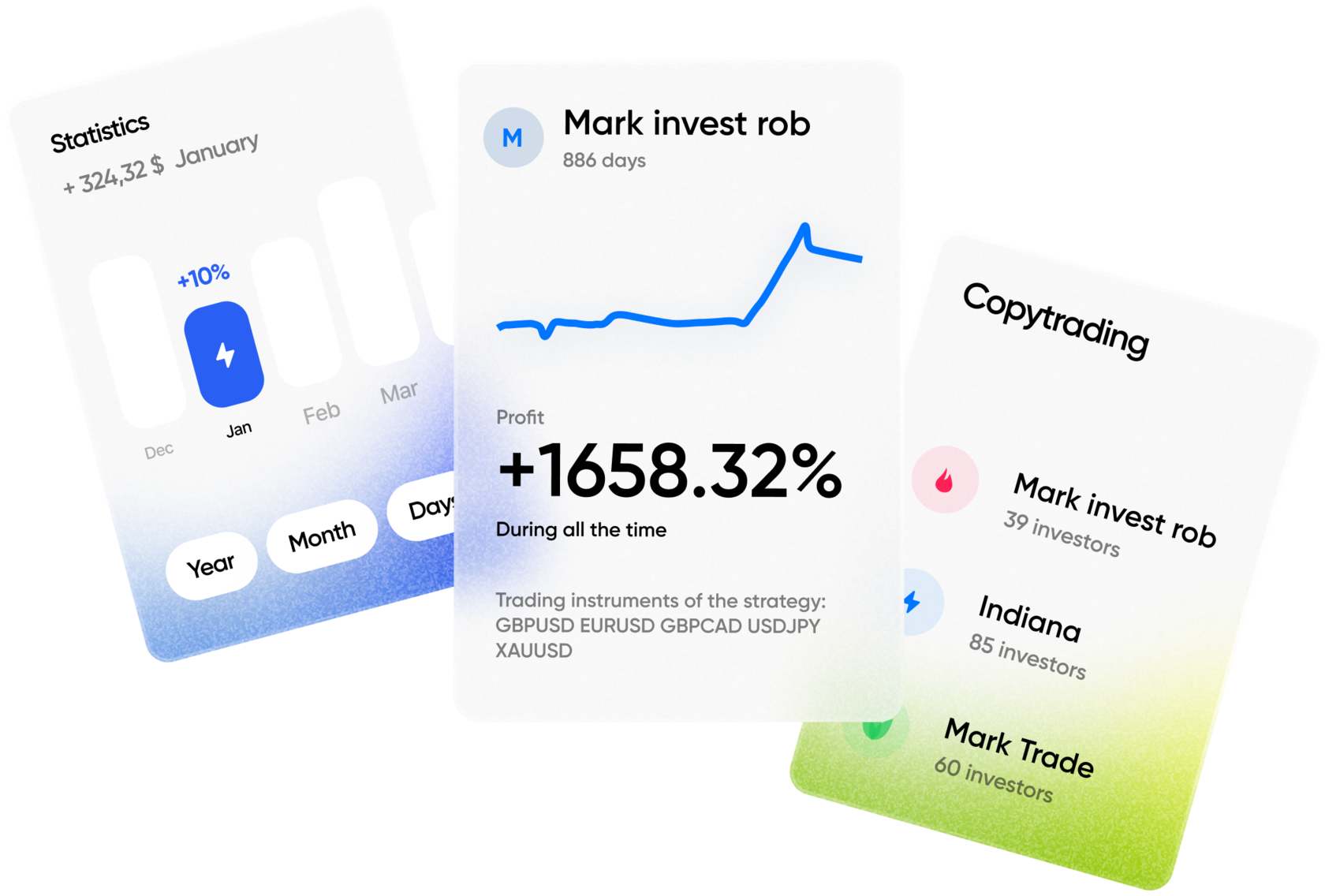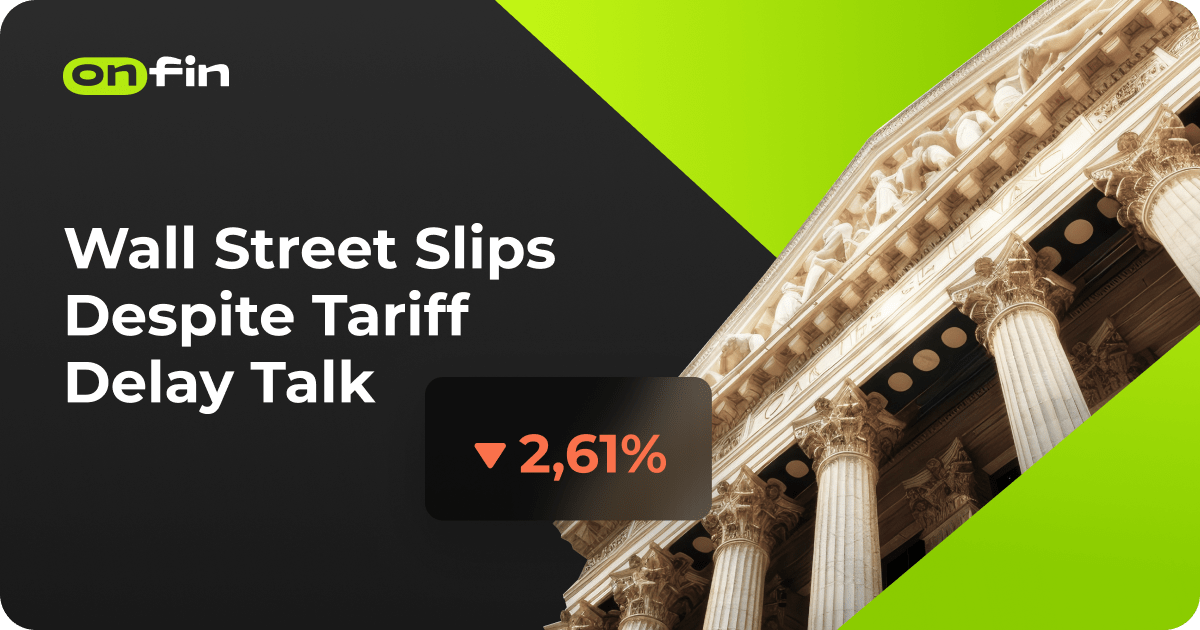On Thursday, U.S. stock markets closed lower, with major indices falling up to 2.61%, despite comments from a cabinet member suggesting a possible delay in tariff hikes. Investors remained cautious, fearing that Donald Trump might reconsider his stance, especially after the release of record-high U.S. trade deficit data for January, according to Bloomberg.
Markets Unconvinced by Possible Tariff Extension
Commerce Secretary Howard Latnik stated in an interview that Trump may extend the tariff delay on imports from Mexico and Canada, covering a wider range of goods under the free trade agreement. Initially, the exemption applied only to automobile imports, but new discussions suggest broader relief for various industries.
Despite these remarks, investors were not reassured, as uncertainties around U.S. trade policy and economic growth continue to weigh on sentiment. Many fear that Trump could reverse course, especially amid mounting pressure to address trade imbalances. The January trade deficit reached a record level, adding to concerns that additional protectionist measures might still be on the table.
Labor Market Data Takes Center Stage
Investors are now shifting their focus to the upcoming U.S. employment report, which is expected to provide key insights into the economy’s strength. A weaker-than-expected labor market could increase pressure on the Federal Reserve to act sooner on interest rate cuts.
According to LSEG data, market participants expect the Fed to begin cutting rates no earlier than June, with an initial reduction of 25 basis points. However, the timing remains highly uncertain, as policymakers continue to assess inflation trends and broader economic conditions.
Investor Sentiment Remains Fragile
Despite hopes for a more flexible trade policy, the broader market mood remains cautious, with traders waiting for more concrete policy signals from the White House. Uncertainty surrounding trade negotiations, inflation, and the Fed’s next moves is likely to keep volatility elevated in the coming weeks.
For now, Wall Street remains on edge, reacting sharply to every policy shift and economic report, as investors search for clarity on the future direction of U.S. trade and monetary policy.







